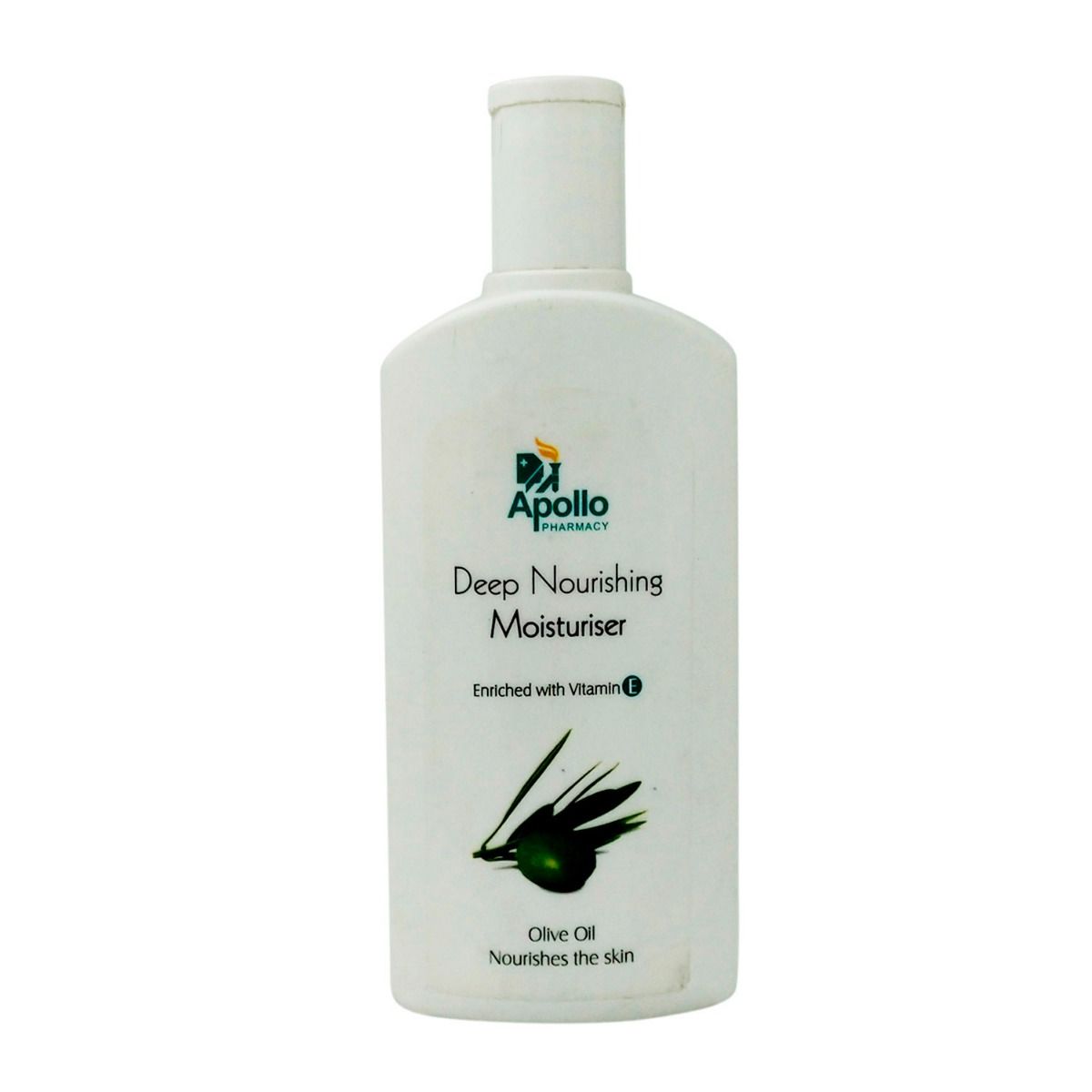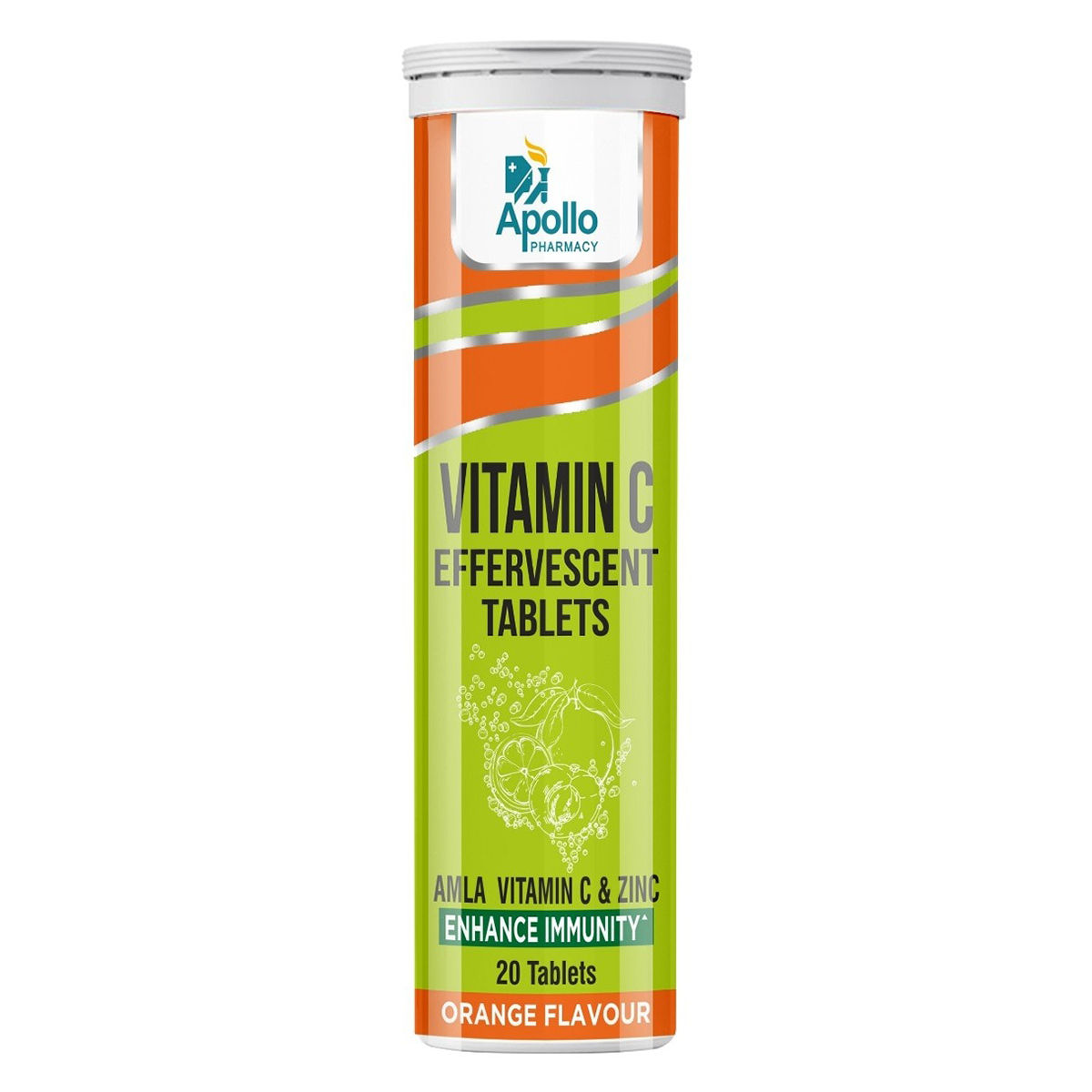Triluma Cream 15 gm



₹693.9*
MRP ₹771
10% off
₹655.35*
MRP ₹771
15% CB
₹115.65 cashback(15%)
Free Delivery
With Circle membership
(Inclusive of all Taxes)
This offer price is valid on orders above ₹800. Apply coupon PHARMA10/PHARMA18 (excluding restricted items)
Know Your Delivery Time
Provide Delivery Location
Available Offers
 Prescription drug
Prescription drugWhats That
 56 people bought
56 people bought 
Secure Payment

India's Most Trusted Pharmacy

Genuine Products
Manufacturer/Marketer :
Consume Type :
Return Policy :
Expires on or after :
About Triluma Cream
Triluma Cream is primarily used to treat melasma (dark brown patch on skin). Melasma, also known as chloasma or mask of pregnancy, is a common skin condition that causes brown patches on the face. It is more common in women than in men. The discoloured (grey-brown) patches occur mostly on the forehead, chin, nose and cheeks.
Triluma Cream contains three medicines, namely: Fluocinolone acetonide (steroid), Hydroquinone (skin lightening or bleaching agent), and Tretinoin (a form of Vitamin A or retinoids). Fluocinolone acetonide is a steroid that blocks the production of certain chemical messengers (prostaglandins) that make the skin red, swollen, and itchy. Hydroquinone belongs to the class of skin-lightening agents that work by decreasing the amount of melanin (a skin pigment) that is responsible for the darkening of the skin. Tretinoin belongs to the class of retinoids (man-made vitamin A) that works by increasing the renewal of skin cells, which helps in the natural exfoliation of the skin’s outer layers.
Triluma Cream is only for external use. Avoid contact of Triluma Cream with nose, mouth, eyes, ears, or vagina. Do not apply on a cut, open wound, or burnt skin area. In case Triluma Cream comes in contact with these areas accidentally, rinse with water thoroughly. Some people may experience application site reactions (burning, irritation, itching, and redness). Most of these side effects of Triluma Cream do not require medical attention and gradually resolve over time. However, if the side effects persist or worsen, please consult your doctor.
If you are allergic to Triluma Cream or any other medicines, please tell your doctor. If you are pregnant, nursing mother or planning for pregnancy, it is advised to consult a doctor before using Triluma Cream. Triluma Cream is not recommended for children below 12 years of age. Do not apply Triluma Cream on ulcerated skin or wounds. Avoid sun exposure while using Triluma Cream as it may make the skin more sensitive to sunlight and cause sunburn. Wear protective clothing and use sunscreen while going out to protect your skin from sunburn. Do not cover or wrap the treated area with a bandage unless advised by your doctor. Avoid smoking or going near naked flames as the fabric (bedding, clothing, dressings) that is in contact with Triluma Cream catches fire and burns easily. If you have a sulfite allergy, asthma, rosacea (redness and often red, small, pus-filled bumps on the face), acne, skin thinning, perioral dermatitis (redness and swelling of the skin around the mouth), genital itching, chickenpox, diabetes, cold sores, ulcerated skin, warts, shingles (a viral infection causing painful rash), eczema (itchy, swelling of the skin) or any other skin condition, diabetes, Cushing syndrome, glucosuria, inform your doctor before taking Triluma Cream.
Uses of Triluma Cream
Directions for Use
Medicinal Benefits
Triluma Cream contains three medicines, namely: Fluocinolone acetonide (steroid), Hydroquinone (skin lightening or bleaching agent) and Tretinoin (a form of Vitamin A or retinoids) used to treat melasma. Fluocinolone acetonide is a steroid that blocks the production of certain chemical messengers (prostaglandins) that make the skin red, swollen and itchy. Hydroquinone belongs to the class of skin lightening agents that works by decreasing the amount of melanin (a skin pigment) that is responsible for the darkening of the skin. Tretinoin belongs to the class of retinoids (man-made vitamin A) that works by increasing the renewal of skin cells, which helps in the natural exfoliation of skin’s outer layers.
How Triluma Cream Works
Storage
Side Effects of Triluma Cream
- Burning
- Irritation
- Itching
- Redness
What if I have taken an overdose of Triluma Cream
Drug Warnings
If you are allergic to Triluma Cream or any other medicines, please tell your doctor. If you are pregnant, nursing mother, or planning for pregnancy, it is advised to consult a doctor before using Triluma Cream. Triluma Cream is not recommended for children below 12 years of age. Do not apply Triluma Cream on ulcerated skin or wounds. Avoid sun exposure while using Triluma Cream as it may make the skin more sensitive to sunlight and cause sunburn. Do not cover or wrap the treated area with a bandage unless advised by your doctor. Avoid smoking or going near naked flames as the fabric (bedding, clothing, dressings) that is in contact with Triluma Cream catches fire and burns easily. If you have a sulfite allergy, asthma, have rosacea (redness and often red, small, pus-filled bumps on the face), acne, skin thinning, perioral dermatitis (redness and swelling of the skin around the mouth), genital itching, chickenpox, diabetes, cold sores, ulcerated skin, warts, shingles (a viral infection causing painful rash), eczema (itchy, swelling of the skin) or any other skin condition, diabetes, Cushing syndrome, glucosuria, inform your doctor before taking Triluma Cream. inform your doctor before taking Triluma Cream.
Drug-Drug Interactions
Drug-Drug Interactions
Login/Sign Up
Drug-Food Interactions
Drug-Food Interactions
Login/Sign Up
Diet & Lifestyle Advise
Avoid sun exposure while using Triluma Cream as it may make the skin more sensitive to sunlight and cause sunburn. Wear protective clothing and use sunscreen while going out to protect your skin from sunburn.
Regular exercise can improve your mood and self-esteem though it doesn’t clear spots. Take a shower immediately after finishing the exercise.
Wear a wide-brimmed hat to protect your face from sun exposure.
Avoid using skin products that cause irritation such as skin cleansers or shampoos, harsh soaps, hair removers or waxes, hair colours or permanent chemicals, skin products with astringents, lime, spices, or alcohol.
Habit Forming
Therapeutic Class
Triluma Cream Substitute

Lumacip Plus Cream
by Others
₹16.20per tabletLumaglo Forte Cream
by Others
₹11.10per tablet
Product Substitutes
Alcohol
Caution
The interaction of alcohol with Triluma Cream is unknown. Please consult a doctor before consuming alcohol while using Triluma Cream.
Pregnancy
Caution
The safety of Triluma Cream in pregnant women is unknown and is given to a pregnant woman only if the doctor thinks benefits outweigh risks.
Breast Feeding
Caution
It is unknown whether Triluma Cream is excreted in human milk. Please consult a doctor before using Triluma Cream while breastfeeding.
Driving
Caution
Triluma Cream usually does not affect your ability to drive or operate machinery.
Liver
Caution
If you have any concerns regarding the use of Triluma Cream in patients with liver problems, please consult a doctor.
Kidney
Caution
If you have any concerns regarding the use of Triluma Cream in patients with kidney problems, please consult a doctor.
Children
Unsafe
Triluma Cream is not recommended for children below 12 years of age, as the safety and effectiveness were not established.
FAQs
Triluma Cream is used to treat melasma (dark brown patch on skin).
Triluma Cream contains three medicines, namely: Fluocinolone acetonide (steroid), Hydroquinone (skin lightening or bleaching agent), and Tretinoin (a form of Vitamin A or retinoids). Fluocinolone acetonide is a steroid that blocks the production of certain chemical messengers (prostaglandins) that make the skin red, swollen, and itchy. Hydroquinone belongs to the class of skin lightening agents that works by decreasing the amount of melanin (a skin pigment) that is responsible for the darkening of the skin. Tretinoin belongs to the class of retinoids (man-made vitamin A) that works by increasing the renewal of skin cells, which helps in the natural exfoliation of skin’s outer layers.
Triluma Cream causes common side effects at application site reactions (burning, irritation, itching, and redness). Most of these side effects of Triluma Cream do not require medical attention and gradually resolve over time. However, if the side effects persist or worsen, please consult your doctor.
Yes, Triluma Cream may increase the skin sensitivity to sunlight in the treated areas. Therefore, avoid or limit exposure to sunlight and sunlamps. You are advised to use sunscreen and wear protective clothing while going out to prevent sunburn.
Yes, Triluma Cream may cause skin irritation, burning sensation, or itching at the site of application in rare cases. However, if the irritation persists or worsens, stop using Triluma Cream and consult a doctor.
You are recommended to use Triluma Cream for as long as your doctor has prescribed it. However, avoid using Triluma Cream for more than 6 to 8 weeks without a doctor’s advice.
To use Triluma Cream, clean the affected area and pat it dry. Then, apply Triluma Cream to the affected area as advised by your doctor and gently rub it in.
Triluma Cream is not recommended for children under 12 years old, as its safety and effectiveness in this age group have not been established. If your child requires treatment, consult your paediatrician for an appropriate suggestion.
If Triluma Cream gets in your eyes, act fast! Rinse your eyes with water for a few minutes. Remove contact lenses if you have them. Gently pat the area, don't rub. If your eyes still hurt or feel uncomfortable, see a doctor. By acting quickly, you can help make your eyes feel better.
Triluma Cream is generally considered safe when used as prescribed by a doctor. However, like all medications, it can have side effects and potential interactions with other drugs. It's important to follow your doctor's instructions and inform them of any pre-existing and existing medical conditions or medication history to avoid negative complications.
Store Triluma Cream in its original container, keeping it cool, dry, and out of sunlight. Keep it out of the reach of children. Regularly check the expiration date. When you need to dispose of the medicine, remove the label, place it in a plastic bag, and throw it away in the household trash. Remember, never flush the medicine down the toilet or sink to prevent harm to others and the environment.
Before using this medication, you should inform your doctor about your medical history, including any ongoing medicines, to avoid potential interactions and minimize side effects.
Taking more than the recommended dosage does not provide additional relief and can increase the risk of adverse effects such as skin irritation, redness, and peeling.
Country of origin
Manufacturer/Marketer address
Customers Also Bought
Disclaimer
Author Details
We provide you with authentic, trustworthy and relevant information
Reference
- https://www.drugs.com/mtm/hydroquinone-topical.html
- https://www.mayoclinic.org/drugs-supplements/fluocinolone-hydroquinone-and-tretinoin-topical-application-route/before-using/drg-20060789
- https://www.drugs.com/mtm/tretinoin-topical.html
- https://www.webmd.com/drugs/2/drug-32574/fluocinolone-hydroquinone-tretinoin-topical/details
- https://my.clevelandclinic.org/health/drugs/18179-fluocinolone-hydroquinone-tretinoin-skin-cream

















